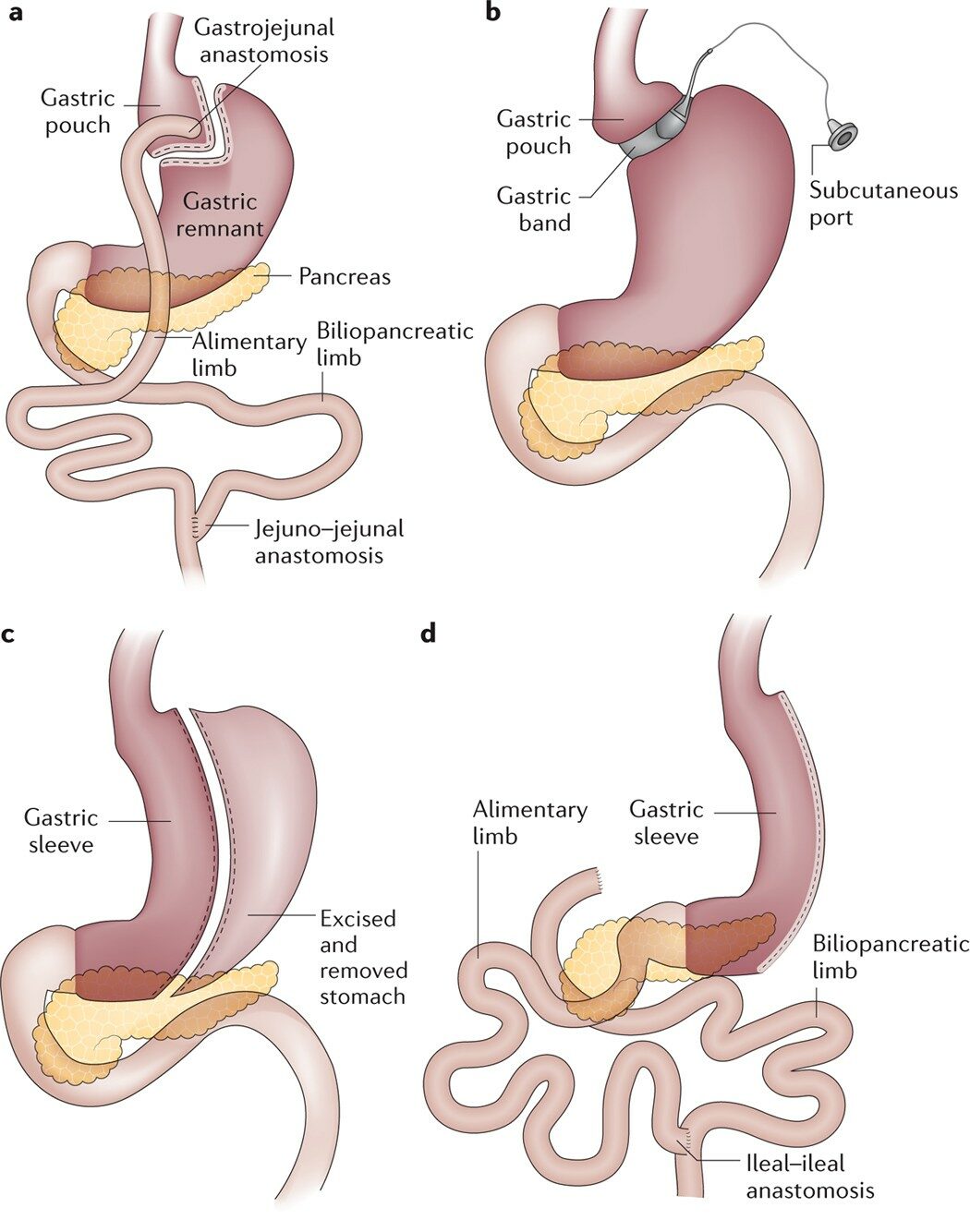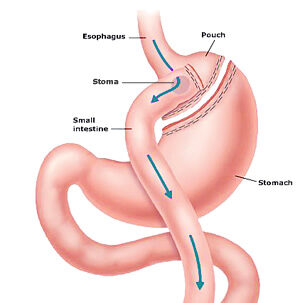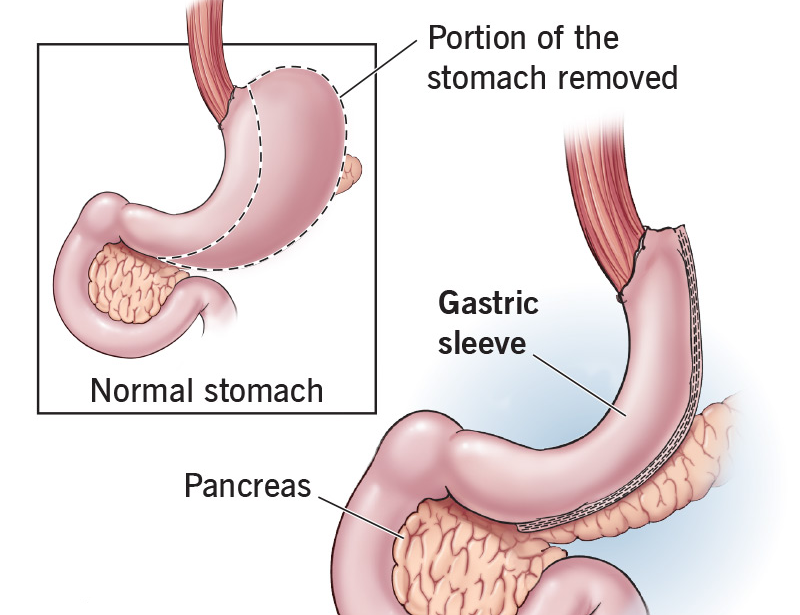bariatric surgery-obesity
Center of Excellence – Part of the National Network of Specialized Obesity Centers (CSO)

Our center is recognized as a Centre Spécialisé de l’Obésité (CSO), officially certified by the French Regional Health Agencies (ARS). As part of the national network of 37 CSOs across France, we operate as a third-level referral center for the multidisciplinary treatment of severe and morbid obesity. This designation reflects our commitment not only to high-level clinical care, but also to improving care pathways and collaboration with primary and secondary care providers.
As members of the Groupe de Concertation et de Coordination des CSO (GCC-CSO), we contribute to the development of best practices, clinical training, and national research initiatives in the field of obesity. This affiliation ensures our patients benefit from an integrated, evidence-based approach, aligned with the latest national standards and supported by a multidisciplinary team.
obesity
Obesity is a chronic disease recognized by the World Health Organization (WHO) in 1997. It is characterized by the excessive accumulation of body fat, which can harm health. Obesity is typically measured by the body mass index (BMI):
- BMI (kg/m²) = Weight (kg) / (Height (m)²)
Obesity is classified based on BMI:
- Moderate Obesity: BMI between 30-35
- Severe Obesity: BMI between 35-40
- Morbid Obesity: BMI above 40
The prevalence of morbid obesity has quadrupled in France over the past 12 years, affecting approximately 9.4 million people, with over 700,000 in the morbid obesity category.

Severe or morbid obesity can significantly impact daily life. It is associated with several health conditions, including:
- Diabetes
- Hypertension
- Hypercholesterolemia
- Sleep Apnea
- Osteoarticular diseases
These conditions have a significant effect on both quality of life and life expectancy.

Treatment
Bariatric surgery is the most effective treatment for obesity. This involves a multidisciplinary approach, including assessment of related health conditions and tailored dietary and psychological support for each patient.
Our team has a well-established clinical pathway for the surgical management of morbid obesity, involving several medical teams: surgeons, hepatologists, endocrinologists, psychiatrists, psychologists, dietitians, pulmonologists, sleep specialists, and anesthesiologists. This process typically lasts between 6 to 12 months.
The main indications for surgery are patients aged 18-65 with a BMI above 40 or a BMI above 35 with associated comorbidities.
Surgical Options
Two main laparoscopic techniques are used:
Subsribe To Our Newsletter
Stay in touch with us to get latest news.
Address
Hôpital Antoine-Béclère 157 rue de la Porte de Trivaux, 92140 Clamart, France
Call Us
Reception: 6:45 - 17:00, Monday to Friday. Tel: +33 1 45 37 43 43 39 | +33 1 45 37 43 43 48
Call Us
Medical secretariat: 8:30 - 17:00, Monday to Friday. Tel: +33 1 45 37 43 43 39 | +33 1 45 37 43 43 48
Email Us
Cécile.huber@aphp.fr
Ibrahim.dagher@aphp.fr


